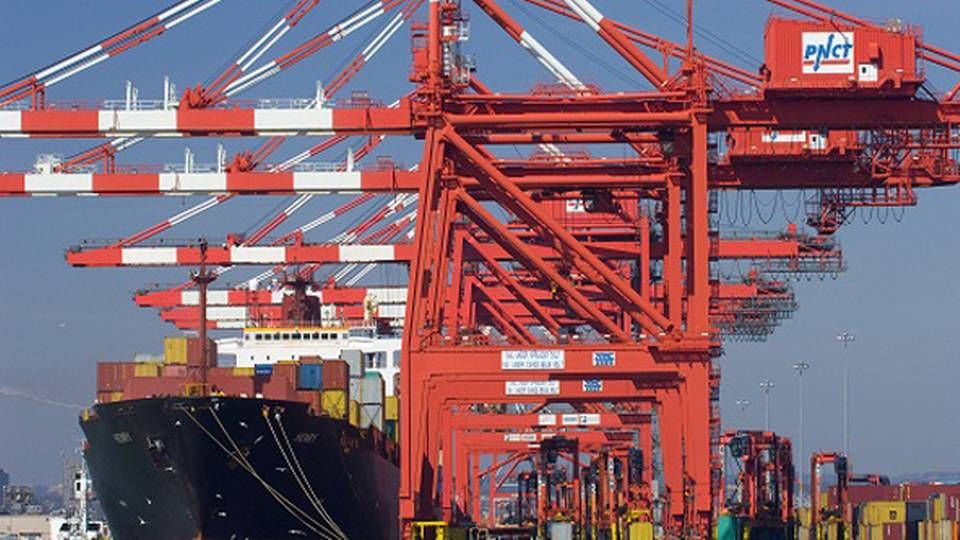U.S. longshoremen earn three times average national wage

American longshoremen, who are members of a union, earn far more than the average worker in the U.S. In this week’s SeaIntel Sunday Spotlight, SeaIntel is putting focus on the issue.
“Given that the current master contract between the ILWU (International Longshore and Warehouse Union) and the terminal operators will expire in June next year, and given that the port labor unions in the US have a substantial power base, we have decided to take a closer look at the US port labor unions in general and the wage-developments of the dockworkers in particular,” writes SeaIntel in an analysis.
The analyst firm has compared salary data from Pacific Maritime Association’s (PMA) homepage with the average salary in the U.S. According to the website, the longshoremen on the U.S. West Coast earn an average of 98,603 USD a year including two and a half weeks of vacation on average. The earnings are about six times as much as the minimum wage in California and more than double the 42,000 USD including bonuses, which is the average salary for all Americans, according to Silicon Valley Index.
A significant part of the longshoremen’s wages are the so-called royalties for each container handled, and these royalties constituted a crucial point in the negotiations six months ago when a strike nearly shut down 14 ports on the U.S. East Coast.
SeaIntel notes that members of the union ILWU receive a benefits package costing just under 50,000 USD per employee. This package includes fully paid health care. Longshoremen on the East Coast receive about the same hourly wages on average, but the benefits package amounts to about 27,500 USD per employee.
“Such relatively high wages would seem justifiable, if the longshoremen’s’ productivity translated into relatively lower costs and higher profits for the ports, terminal owners and shipping lines. However, productivity was one of the things the employers was complaining about in the last round of negotiations between ILA (International Longshoremen’s Association) and USMX (US Maritime Alliance), and will probably also be an issue when ILWU and PMA are going to negotiate the new master contract next year,” writes SeaIntel.
In 2012, the ILWU dockworkers went on strike which resulted in an eight-day shutdown of the ports of Long Beach and Los Angeles, as union members were concerned that their jobs were being outsourced. Back in 2002, the Pacific Maritime Association enforced a lock-out of longshoremen from the ILWU following disagreements over the negotiation of a new master contract for the US West Coast. The lock-out lasted until President Bush exercised an injunction under the Taft-Hartley Act, ordering operations to resume. In all it lasted 10 days, and is estimated to have cost the US economy USD 20 billion.
Related articles
American ports applaud Obama’s infrastructure plans
For subscribers
Port of Virginia declines Maersk’s billion-dollar bid
For subscribers



















